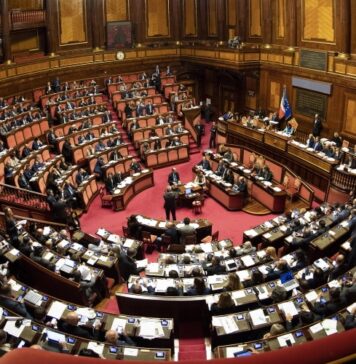The Administrative Court of Rome has rejected the appeal of a games room against the closure order for a period of 10 days for allowing access to a minor under 18 years of age.
The appellant's argument was based on the responsibility of the employee, present at the time of the inspection, and not of the company holding the concession.
The panel found that:
in this regard it is useful to point out that, pursuant to art. 24, paragraph 21, of Legislative Decree 98/2011 "the owner of the commercial establishment, venue or, in any case, of the gaming offer point that allows participation in public games to minors under the age of eighteen is punished with an administrative fine ranging from five thousand euros to twenty thousand euros. Regardless of the pecuniary administrative sanction and even in the case of reduced payment of the same, the violation provided for in this paragraph is punished with the closure of the commercial establishment, the premises or, in any case, the gaming offer point from ten to thirty days".
It follows, therefore, that whatever the subject was "attributable", the appellant had, in this case, the precise obligation to monitor and prevent the entry of the minor identifying him before he entered the betting shop, organizing, under his own responsibility, the activity in such a way as to avoid his access even on a single occasion to the premises where exclusively a gaming activity with cash winnings - per se - takes place dangerous and at high risk gambling addiction - controlling the people who participate in the games.
The same can be said for the ground of appeal with which the company also complains of an (alleged) false application of the adversarial principle due to failure to communicate the start of the procedure, invoking art. 7 of ln 241/90, which states that "where there are no reasons for impediment deriving from particular needs for speed of the proceedings, the start of the proceedings itself is communicated, in the manner provided for in article 8, to the subjects against whom the final provision is intended to produce direct effects and to those who by law must intervene”, in compliance with the provisions of the following art. 21 octies, paragraph 2, second sentence, in accordance with which "the administrative measure cannot in any case be annulled for failure to communicate the start of the procedure if the administration demonstrates in court that the content of the measure could not have been different from that actually adopted".
In fact, in this regard, it assumes decisive importance as, in the specific case, given the interest to protect which the administration acted (that of the minors), the sanction of closure - moreover imposed to the minimum extent envisaged by the Legislator - represents, in in the face of the main contested violation, a necessary act, so it is clear that the content of the contested provision could not have been different even if, following the sending of the communication in question to the interested party, a procedural contradictory ritual had been established.











